Bank of Canada Rate Announcement July 13th, 2016
The Bank of Canada today announced that it is maintaining its target for the overnight rate at 1/2 per cent. The Bank Rate is correspondingly 3/4 per cent and the deposit rate is 1/4 per cent.
Inflation in Canada is on track to return to 2 per cent in 2017 as the complex adjustment underway in Canada’s economy proceeds. The fundamentals remain in place for a pickup in growth over the projection horizon, albeit in a climate of heightened uncertainty.
In this context, the forecast for the global economy has been marked down slightly from the Bank’s April Monetary Policy Report (MPR). Global GDP growth is projected to be 2.9 per cent in 2016, 3.3 per cent in 2017, and 3.5 per cent in 2018. In particular, after a weak start to 2016 the US economy is showing signs of a rebound, with a healthy labour market and solid consumption growth. In the wake of Brexit, global markets have materially re-priced a number of asset classes. Financial conditions, already accommodative, have become even more so.
In Canada, the quarterly pattern of growth has been uneven. Real GDP grew by 2.4 per cent in the first quarter but is estimated to have contracted by 1 per cent in the second quarter, pulled down by volatile trade flows, uneven consumer spending, and the Alberta wildfires. A pick-up to 3 1/2 per cent is expected in the third quarter as oil production resumes and rebuilding begins in Fort McMurray. Consumer spending will also get a boost from the Canada Child Benefit.
While the fundamental elements of the Bank’s projection are similar to those presented in April, the forecast has been revised down in light of a weaker outlook for business investment and a lower profile for exports, reflecting a downward adjustment to US investment spending. Real GDP is expected to grow by 1.3 per cent in 2016, 2.2 per cent in 2017, and 2.1 per cent in 2018. The Bank projects above-potential growth from the second half of 2016, lifted by rising US demand and supported by accommodative monetary and financial conditions. Federal infrastructure spending and other fiscal measures announced in the March budget will also contribute to growth. Despite recent volatility, the Bank expects the underlying trend of export growth to continue, leading to a pick-up in business investment. Higher global oil prices are helping to stabilize Canada’s energy sector and household spending is expected to increase moderately.
The Bank forecasts that the output gap will close somewhat later than estimated in April, towards the end of 2017. Underlying this judgement is the downward revision to business investment, which lowers the profile for both real GDP and, to a lesser extent, potential output.
While inflation has recently been a little higher than anticipated, largely due to higher consumer energy prices, it is still in the lower half of the Bank’s inflation-control range. Most measures of core inflation remain close to 2 per cent but would be lower without the impact of past exchange rate depreciation. The temporary effects of exchange-rate pass-through and past declines in consumer energy prices are expected to dissipate in late 2016, and the Bank projects that inflation will average close to 2 per cent throughout 2017 as the output gap narrows.
Overall, the risks to the profile for inflation are roughly balanced, although the implications of the Brexit vote are highly uncertain and difficult to forecast. At the same time, financial vulnerabilities are elevated and rising, particularly in the greater Vancouver and Toronto areas. The Bank’s Governing Council judges that the overall balance of risks remains within the zone for which the current stance of monetary policy is appropriate, and the target for the overnight rate remains at 1/2 per cent.
Here are the remaining announcement dates for 2016:
- Wednesday 7 September
- Wednesday 19 October*
- Wednesday 7 December
*Monetary Policy Report published
All rate announcements will be made at 10:00 (ET), and the Monetary Policy Report will continue to be published concurrently with the April, July, and October rate announcements.
Monetary Policy Report
Katherine Martin
Origin Mortgages
Phone: 1-604-454-0843
Email: kmartin@planmymortgage.ca
Fax: 1-604-454-0842
RECENT POSTS






